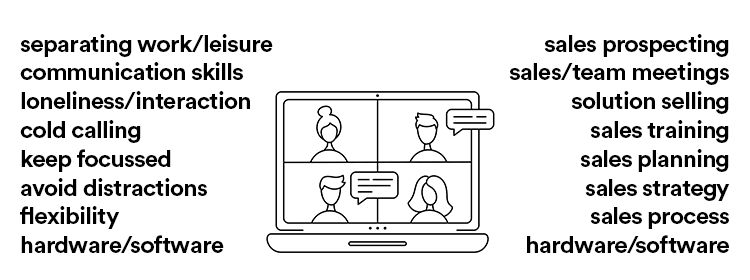
Will selling remotely become the norm post COVID-19 for B2B and Complex B2C field sales teams?
The early signs say ‘yes’, but let’s take a closer look at what’s happening.
Many things have been tossed up in the air with the advent of the COVID-19 crisis.
Take, for instance, the boom in Zoom meetings on every level – keeping people in touch with each other across the .....


New Article Email Notification